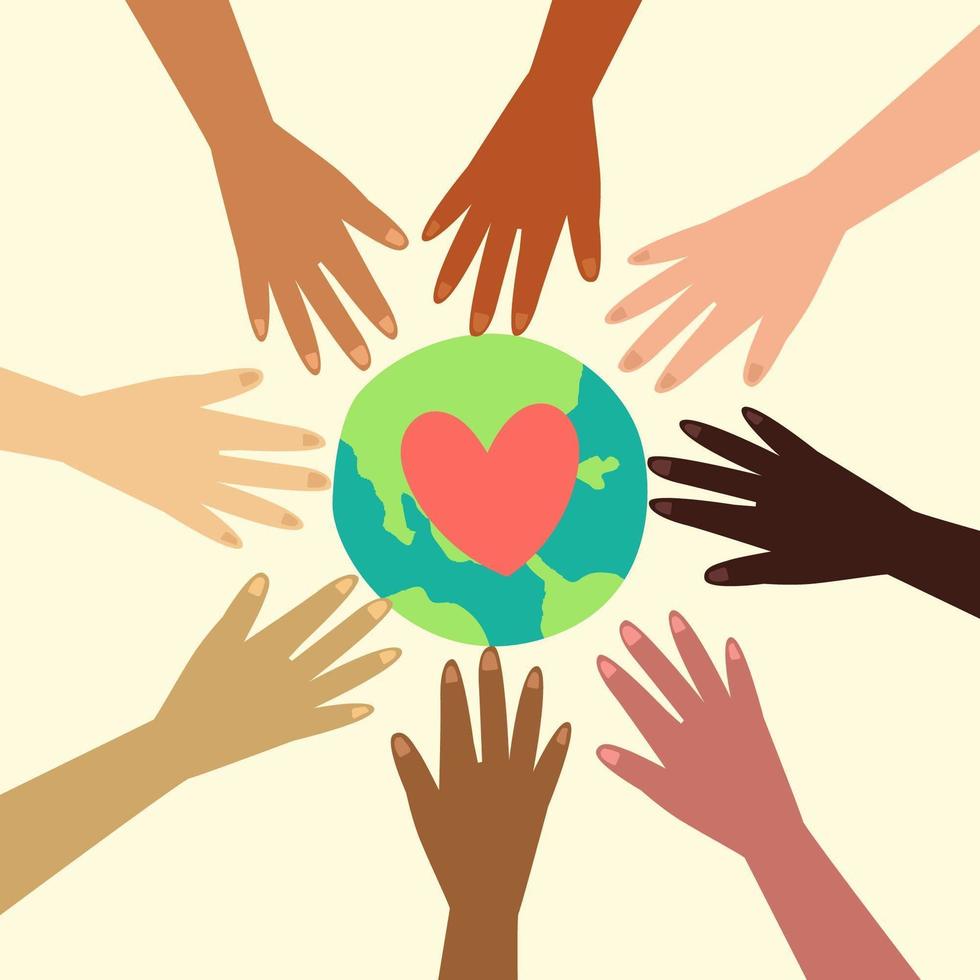
A Statement From Our Board of Directors, Executive Director, and Staff
At any point in history, the fabric of every society is tested by crisis. In response, choosing fear, ignorance, greed, and hate will lead to unraveling, while choosing hope, unity, compassion, and generosity will make the fabric even stronger and more resilient for the future. Here at The Literacy Council of Sarasota (LCS) we choose the latter, and believe that diversity, equity, and inclusion are integral to that choice for a just and fair society. And when it comes to diversity, equity, and inclusion, we also believe it’s everyone’s business.
This year’s painful and multi-layered crisis of the COVID pandemic, nationwide racial injustice, and economic recession compel us all to pause, reflect, and come together to make needed positive changes. As our society continues to grapple with these topics, LCS is committed to find ways in which, as an organization, we can make a meaningful difference in diversity, equity, and inclusion in a number of areas, to include:
- Diversity, Equity, and Inclusion Policy – LCS’ board of directors and staff are currently working on an updated, multi-year strategic plan which will include creation of a diversity, equity, and inclusion policy. We begin with an internal dialogue among our board, staff, volunteers, adult learners and key stakeholders about what diversity, equity, and inclusion means to us. As a starting point, we provide below this statement sample definitions of each, as provided through the National Council of Nonprofits. Our goal is to capture this in a policy by the end of the year, to build the core values of diversity, equity, and inclusion into LCS’ operations and model those values to advance our mission
- Board and Staff Recruitment – LCS’ current board and staff who are black, indigenous, or people of color (BIPOC) is approximately 45%. We are dedicated to maintaining or increasing BIPOC representation of both our board and staff to best reflect the diversity of adult learners and the programs that serve them.
- Board and Staff Training – Understanding our own implicit/unconscious biases is the key to opening doors to diversity, equity, and inclusion. LCS will add training on understanding unconscious bias in the board room and workplace to its annual list of professional development courses for all current and new board and staff members
- Instructor and Volunteer Tutor Training – Where possible in the content and resources that we create and utilize for training and ongoing professional development, we will continue to promote inclusion and awareness of diversity to enrich the training of others. Unique diversity dimensions can include race, ethnicity, sexual orientation, gender, socio-economic status, age, ability, or other ideologies.
- Measurement – We will measure the results of our diversity, equity, and inclusion initiatives to track our success and to identify areas for improvement.
This moment provides us with an opportunity for our organization to look inward and decide where, when, and how we will prioritize and improve diversity, equity, and inclusion in a consistent and measurable way. We will implement the initiatives outlined above and provide ongoing updates on our progress as we pursue our mission to change lives and communities through the power of adult literacy education.
Sincerely,

Tom Melville
Executive Director
Diversity
Diversity is the presence of difference within a giving setting. In this case the workplace is the setting and the differences typically refer to identity like race and gender, and sometimes ethnicity, religion, nationality, or sexual orientation. A person isn’t diverse. They’re unique. They can bring diversity to a group though. You’re not looking for a diverse candidate. Diversity is about a collective or a group.
Equity
Equity is an approach that ensures everyone has access to the same opportunities. Equity recognizes that we don’t all start from the same place because advantages and barriers exist. It’s a process that acknowledges uneven starting places and seeks to correct the imbalance. Diversity and inclusion are both outcomes. Equity is not. It refers to the process an organization engages in to ensure that people with marginalized identities have the opportunity to grow, contribute, and develop.
Inclusion
Inclusion has to do with people with different identities feeling and/or being valued, leveraged, and welcomed within a given setting (whether that’s a team, workplace, or industry). Longtime Diversity, Equity, and Inclusion educator, Verna Myers, said: “Diversity is being asked to the party. Inclusion is being asked to dance.” Inclusion isn’t a natural consequence of diversity. You can have a diverse team of talent, but that doesn’t mean they feel welcomed or valued or are given opportunities to grow.



